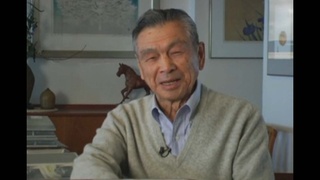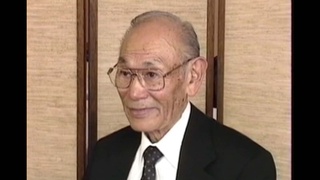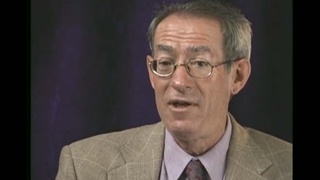Interviews
Initial impact on life at camp
I think it’s according to the age that people have these different experiences because of what you know – your consciousness of what was happening to you and what you were missing out in “the outs”, the outside life. But, you know, at my age – 7 years old and so forth – you just continued playing with your friends and going to school. The difference for me was that everybody looked like me and then of course…
I think for me the biggest, biggest, harshest change was having to eat in the mess hall because the dinner table in our home was the center of life, our social life, was to eat at this big round table with all of us eating together. And that changed drastically when we went to camp because we ate like we were in the Army.
And I remember longing for, like, Thanksgiving or Christmas because we didn’t have that anymore. But I remember that feeling of emptiness because that had changed. I knew something had changed in our life, but I didn’t know why. And then of course when my father came back, and he was totally changed, it was like my world had turned upside-down.
Date: December 27, 2005
Location: California, US
Interviewer: John Esaki
Contributed by: Watase Media Arts Center, Japanese American National Museum
Explore More Videos

Tracing my family crest
(b. 1967) Hawai`i-born professional fighter in Japan


The Final Verdict
(1919 - 2005) Challenged the constitutionality of Executive Order 9066.



Reaction to a 1942 speech by Mike Masaoka, Japanese American Citizen League's National Secretary
(1915 - 2011) Nisei florist who resettled in New York City after WW II. Active in Japanese American civil rights movement

Grandparent's unspoken past
(b.1971) Professional figure skater and Olympic gold medalist.



Role of the redress movement in helping Nisei to open up about their wartime experiences
(b. 1946) Lawyer

Search of family home by the FBI following the bombing of Pearl Harbor
(1937 - 2021) Teacher

Not recognizing father after reunion at Crystal City, Texas
(1937 - 2021) Teacher

A child's memories of activities at Crystal City, Texas
(1937 - 2021) Teacher

Hearing about Pearl Harbor
(b. 1921) Nisei veteran who served in the occupation of Japan

